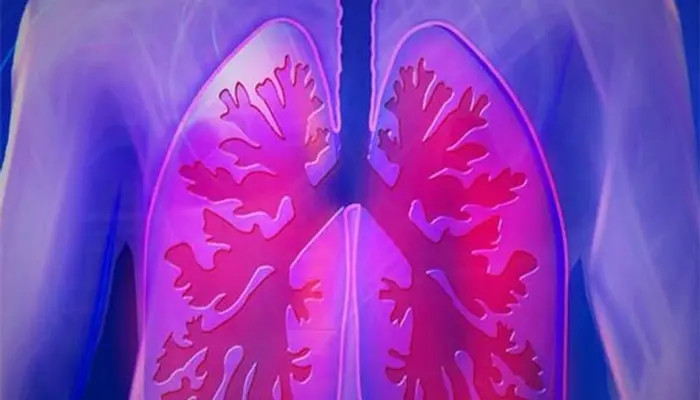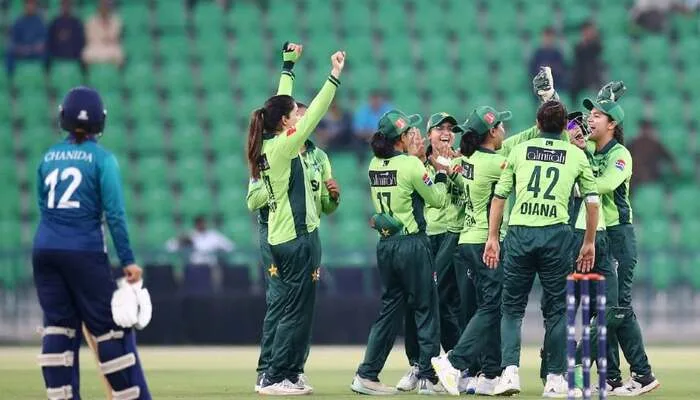
Karachi is experiencing a troubling surge in respiratory illnesses, according to the Sindh Health Department. As of February 13, 248 cases have been reported this year, highlighting the city’s ongoing health challenges. Among these, the H1N1 influenza strain has emerged as the most common respiratory illness.
Alarming Case Numbers
Out of the reported cases, 119 were confirmed as H1N1 influenza. Of these, 99 patients sought treatment at private hospitals, while 20 were treated at Dow University Hospital. The Sindh Health Department’s data also revealed 95 cases of Influenza A and B. Additionally, 15 Rhinovirus infections, 8 cases of coronavirus, and 2 Respiratory Syncytial Virus (RSV) cases were reported.
Read: Pakistan Calls for Resolution of Kashmir, Palestine Conflicts at UN
Comparing Trends
The number of respiratory infections in Karachi this year marks a significant increase compared to previous years. Health experts have noted that the rising trend is alarming and demands immediate action. They attribute the increase to various factors, including a dense population, pollution, and limited healthcare access.
Health Precautions Advised
Medical professionals have advised Karachi residents to take precautions against highly contagious viruses. They recommend wearing masks in public places and washing hands frequently to reduce the risk of infection. Those showing symptoms should isolate for at least 24 hours, avoid traveling, and limit contact with others to prevent further transmission.
Healthcare Challenges
Karachi’s healthcare system remains under severe strain. These conditions make it difficult to provide adequate care to the growing population. Private hospitals, though better equipped, are often too expensive for many residents.
Burden on Healthcare Infrastructure
The city’s healthcare system also faces additional pressure from chronic diseases like diabetes and heart disease. Infectious diseases compound the strain, creating a healthcare crisis for many residents. With limited access to quality healthcare, some citizens turn to informal providers, leading to health inequities and worsening outcomes.
Addressing the Crisis
Karachi’s rising respiratory illness rates highlight the urgent need for better healthcare infrastructure. Health officials and city leaders must work together to improve public health services, enhance disease prevention efforts, and ensure that affordable healthcare is accessible to all residents. Through education and increased public awareness, the spread of respiratory illnesses can be curbed, safeguarding the city’s health in the future.
Follow us on Google News, Instagram, YouTube, Facebook,Whats App, and TikTok for latest updates












